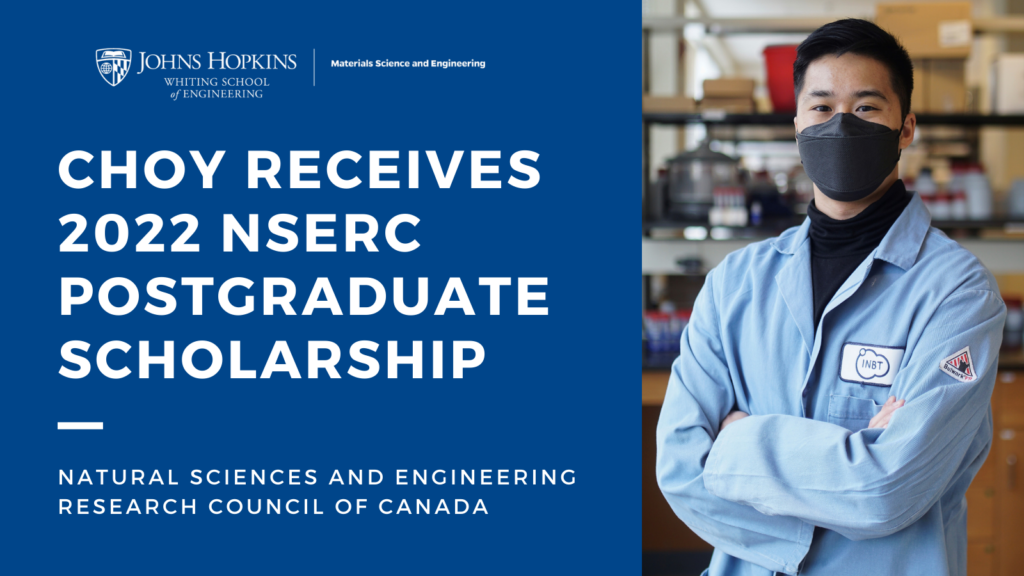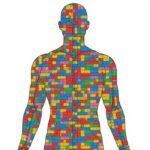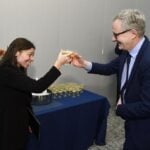Joseph Choy named NSERC Postgraduate Scholar

Second year PhD student Joseph Choy has received a postgraduate scholarship–doctoral award from the Natural Sciences and Engineering Research Council of Canada (NSERC) for his research proposal to further develop an injectable hydrogel for cancer-fighting applications. The hydrogel will focus on maintaining the efficacy of T cells, immune cells which originate and flourish in the lymph nodes, and hunt down and kill tumor cells within the body. These special cells lose their anti-tumor function and effectiveness when grown and reinfused into a patient using conventional methods.
Choy, co-mentored by Hai-Quan Mao, professor in materials science and engineering and biomedical engineering and associate director of the Johns Hopkins Institute for NanoBioTechnology (INBT), and Jonathan Schneck, a professor of pathology, medicine, and oncology at the Johns Hopkins University School of Medicine and associate member of INBT, believes the loss of T cell functionality is due to the suboptimal environment in typical culture conditions. The new hydrogel, previously created by the Mao and Schneck labs, aims to mimic the T cells’ natural environment which activates, expands, and sustains the T cells that recognize the target tumor cell. Choy’s research will focus on determining which aspects of the hydrogel are most important for the T cells to maintain their cancer-killing functions.
“Using this information, our hope is to develop an injectable material which mimics the critical elements of the lymph nodes, the T cells’ natural environment,” said Choy.
Choy says their creation of this ideal microenvironment will allow the researchers to modulate various signals sensed by the T cells, opening the door for the study the myriad of cues that make the T cells effective cancer killers.
“Not only does this give us an opportunity to treat cancer by enhancing the efficacy of the injected T cells,” said Choy, “but it allows us to further investigate exactly what mechanisms the hydrogel is using to acclimate the cells to their new environment.”
To be considered for the fellowship, Choy submitted a proposal for the research with the guidance of Mao and Schneck, whose mentorship Choy says has been invaluable to his growth as a bioengineer at Hopkins. He aspires to be a professor and the NSERC fellowship is a big step in that journey.
NSERC works with universities, businesses, and non-profit organizations, funding researchers and engineers searching for scientific and technical breakthroughs to advance scientific and technical breakthroughs to benefit Canada and the world. For a full list of this year’s recipients, visit this website.
Story by Amy Weldon and appears on the Johns Hopkins Mechanical Engineering website.
Latest Posts
-
 Cellular building blocks may enable new understanding of the body’s “machinery”
December 19, 2025
Cellular building blocks may enable new understanding of the body’s “machinery”
December 19, 2025
-
 Biomedical Engineer Jamie Spangler Receives President’s Frontier Award
December 15, 2025
Biomedical Engineer Jamie Spangler Receives President’s Frontier Award
December 15, 2025
-
 Johns Hopkins Postdoc Named in Forbes `30 Under 30′ List
December 8, 2025
Johns Hopkins Postdoc Named in Forbes `30 Under 30′ List
December 8, 2025


